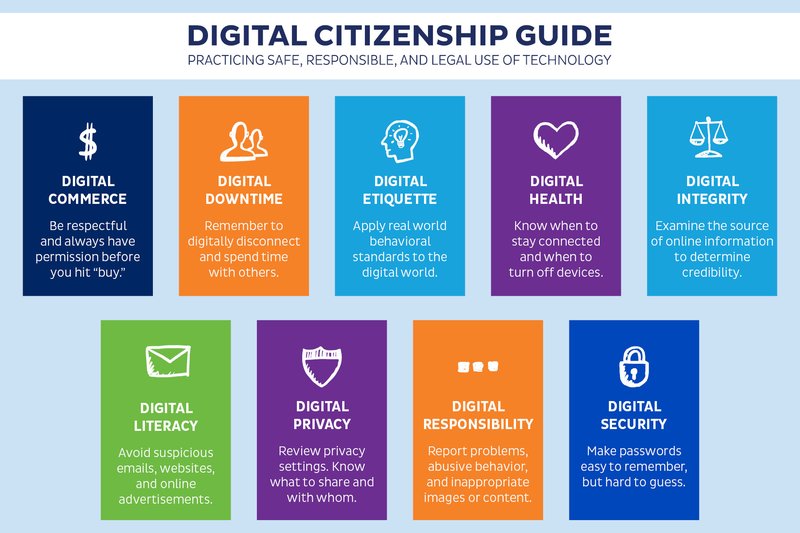· Parenting Tips · 5 min read
7 Effective Biblical Discipline Methods for Teaching Self-Control: Christian Parenting Guide
Discover 7 impactful Biblical discipline methods to instill self-control in children through positive reinforcement and effective consequences. Explore this Christian parenting guide for nurturing virtues in your kids.

7 Effective Biblical Discipline Methods for Teaching Self-Control: Christian Parenting Guide
As Christian parents, teaching self-control to our children is an essential part of their development. The Bible provides us with guidance and principles that can help us discipline our children effectively while teaching them important life skills. In this article, we will explore seven effective biblical discipline methods for teaching self-control.
1. Set Clear Boundaries and Expectations
Setting clear boundaries and expectations is crucial when it comes to teaching self-control. Children need to understand what is expected of them and the consequences of their actions. Proverbs 29:17 states, “Discipline your children, and they will give you peace; they will bring you the delights you desire.” By establishing clear boundaries and expectations, we provide our children with a framework for self-control.
To effectively set boundaries, it’s important to communicate with our children in a loving and respectful manner. This means using age-appropriate language and explaining the reasons behind the rules. By doing so, we help our children develop a sense of responsibility and understand the importance of self-control.
2. Utilize Positive Reinforcement Techniques
Positive reinforcement is a powerful tool in teaching self-control to children. Instead of focusing solely on punishment, we should also acknowledge and reward good behavior. Ephesians 6:4 reminds us, “Fathers, do not exasperate your children; instead, bring them up in the training and instruction of the Lord.”
When our children exhibit self-control, it’s important to praise and encourage them. This can be done through verbal affirmations, small rewards, or even quality time spent together. By reinforcing positive behavior, we motivate our children to continue practicing self-control.
3. Implement Natural Consequences
Natural consequences are an effective way to teach self-control while allowing children to learn from their mistakes. Galatians 6:7 states, “Do not be deceived: God cannot be mocked. A man reaps what he sows.” By allowing our children to experience the natural consequences of their actions, we help them develop self-awareness and make better choices in the future.
For example, if a child refuses to wear a coat on a cold day, they will feel the discomfort of being cold. This natural consequence can serve as a valuable lesson on the importance of making wise decisions. However, it’s important to ensure that the consequences are appropriate and not harmful to the child.
4. Practice Time-In Instead of Time-Out
While time-outs are a common discipline method, practicing time-in can be a more effective approach for teaching self-control. Time-in involves taking a break with your child during moments of conflict or misbehavior. This provides an opportunity for both parent and child to calm down, reflect, and discuss the issue together.
During a time-in, it’s important to create a safe and nurturing environment where open communication can take place. This allows the child to understand the impact of their actions and learn how to regulate their emotions. Colossians 3:21 reminds us, “Fathers, do not embitter your children, or they will become discouraged.” By practicing time-ins, we create an atmosphere of understanding and growth.
5. Model Self-Control
Children learn by observing their parents’ behavior. As Christian parents, it’s important for us to model self-control in our own lives. Galatians 5:22-23 teaches us about the fruit of the Spirit, one of which is self-control. By demonstrating self-control in our daily lives, we provide our children with a powerful example to follow.
Modeling self-control can involve managing our own emotions during stressful situations, practicing patience in challenging moments, and making wise decisions based on biblical principles. When our children see us exercising self-control, they are more likely to understand its importance and strive to develop it themselves.
6. Teach and Discuss Biblical Principles
Incorporating biblical principles into discipline can be a powerful way to teach self-control to our children. Proverbs 22:6 says, “Start children off on the way they should go, and even when they are old they will not turn from it.” By teaching our children about biblical values and discussing them in relation to their actions, we provide them with a solid foundation for self-control.
During discipline moments, take the time to explain how biblical principles apply to the situation at hand. This helps children understand the connection between their behavior and God’s teachings. By integrating faith into discipline, we instill in our children a deeper understanding of self-control as a virtue guided by God’s Word.
7. Offer Forgiveness and Grace
As Christian parents, it’s important to offer forgiveness and grace when our children make mistakes. Ephesians 4:32 reminds us, “Be kind and compassionate to one another, forgiving each other, just as in Christ God forgave you.” By demonstrating forgiveness, we teach our children the value of repentance and the opportunity for redemption.
When addressing misbehavior, it’s important to separate the action from the child’s identity. Instead of labeling them as “bad” or “naughty,” focus on the behavior itself. By doing so, we create an environment where our children feel safe to make mistakes, learn from them, and grow in self-control.
In conclusion, teaching self-control through biblical discipline requires setting clear boundaries, utilizing positive reinforcement, implementing natural consequences, practicing time-ins, modeling self-control, teaching biblical principles, and offering forgiveness and grace. By incorporating these effective methods into our parenting approach, we can help our children develop self-control that aligns with Christian values and prepares them for a fulfilled life rooted in faith.



